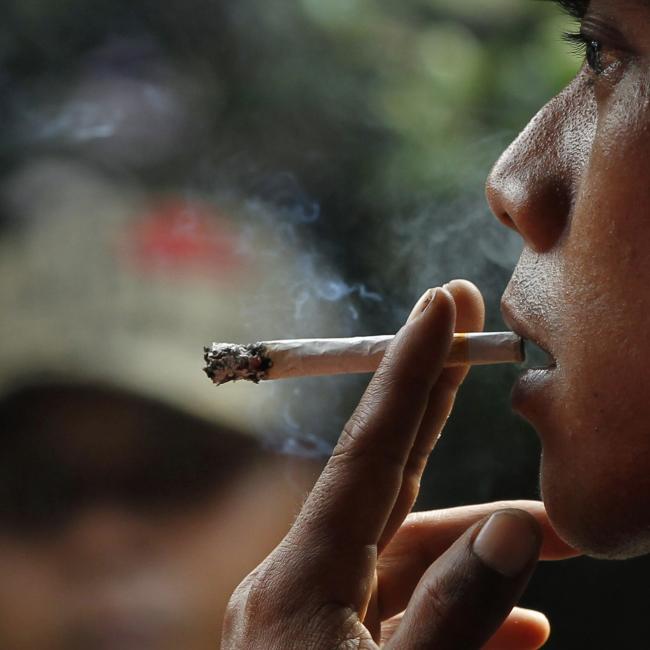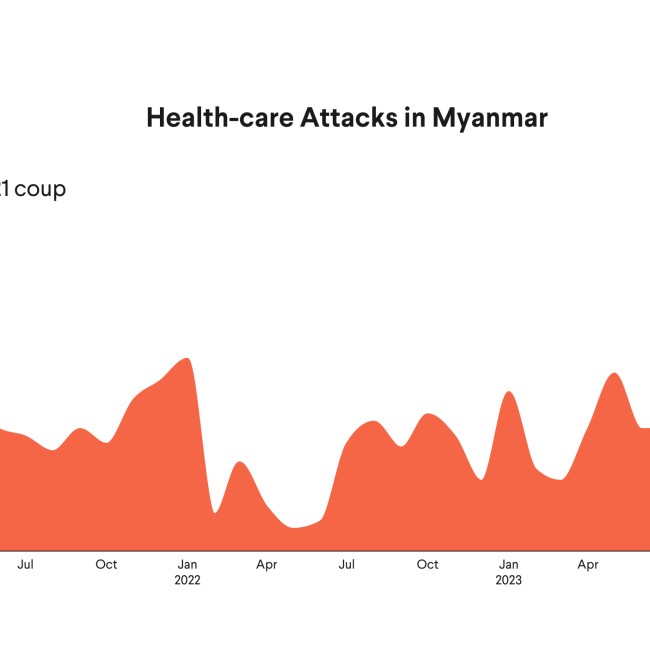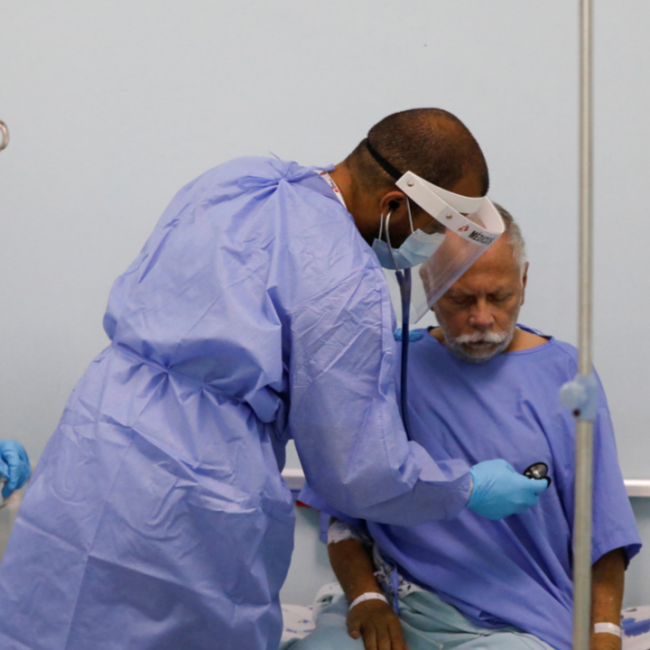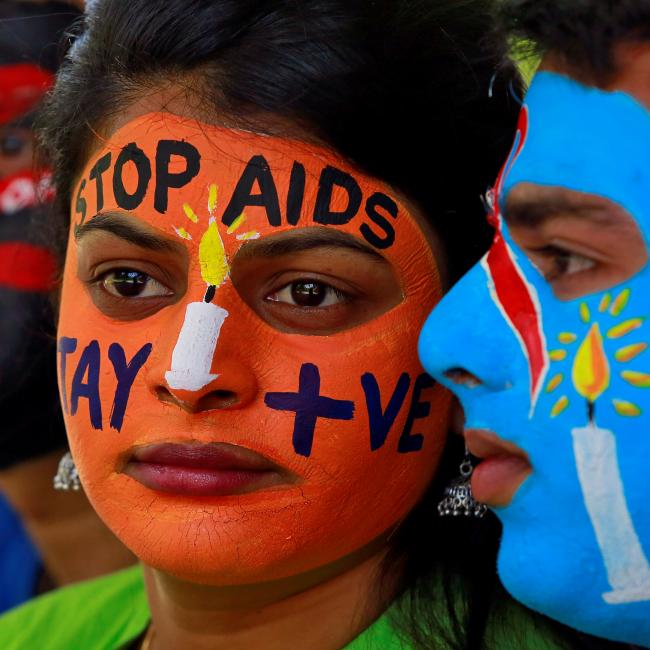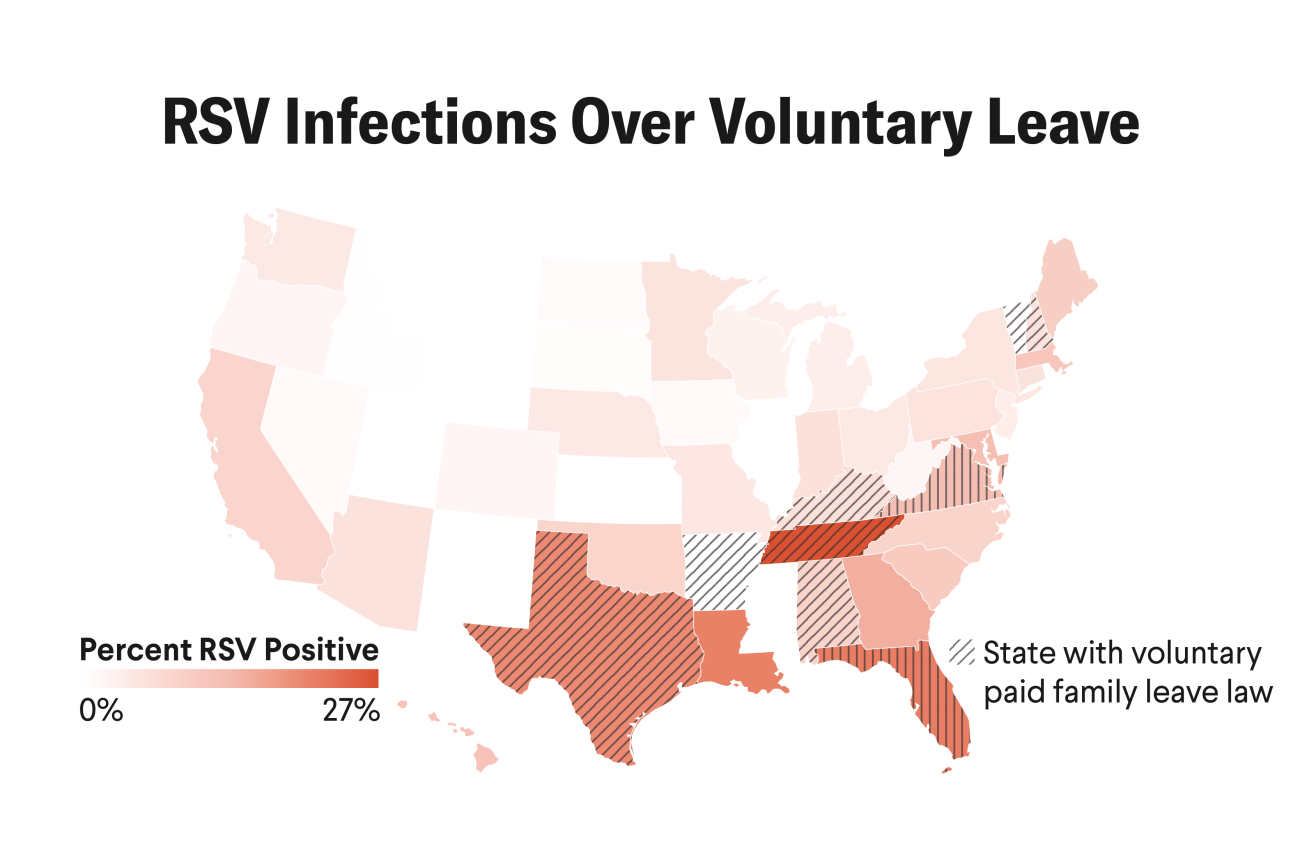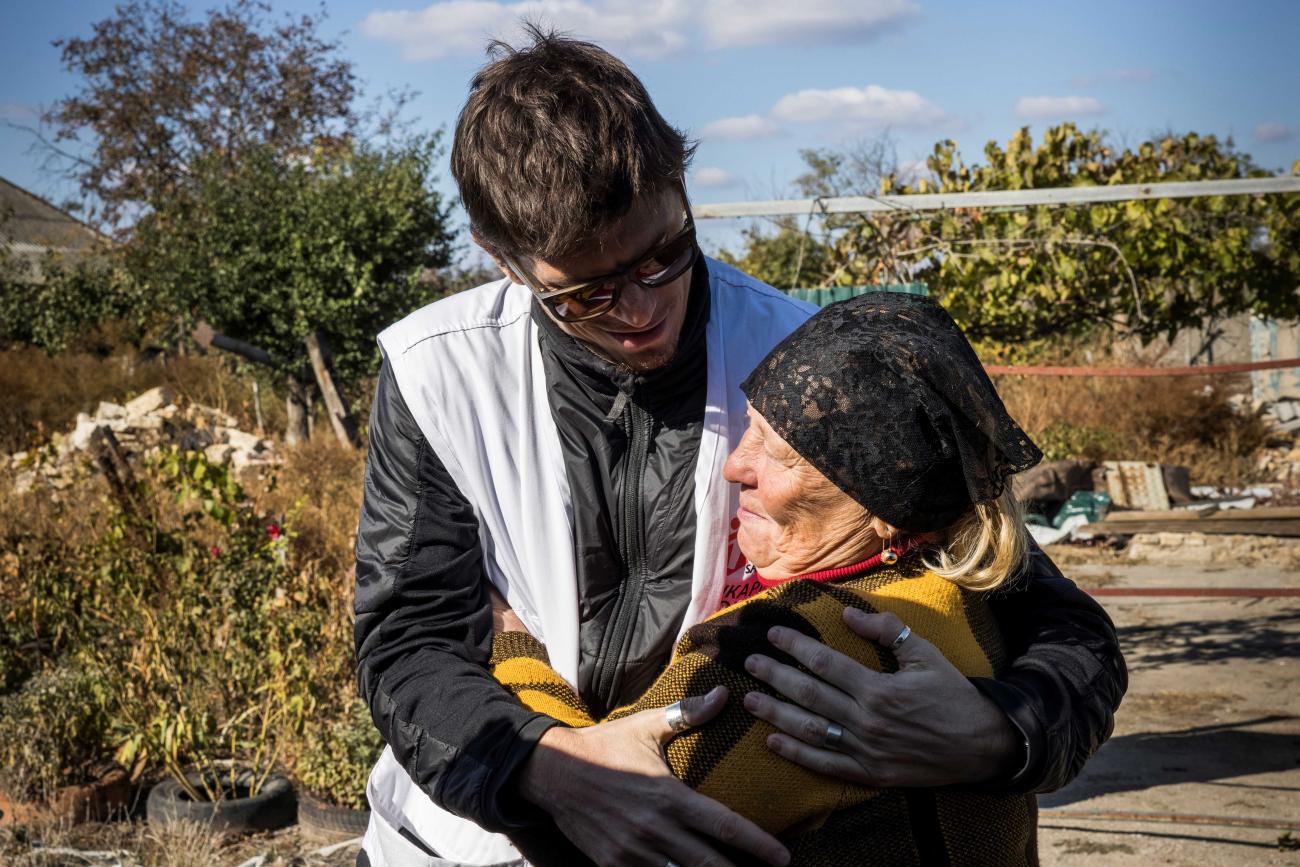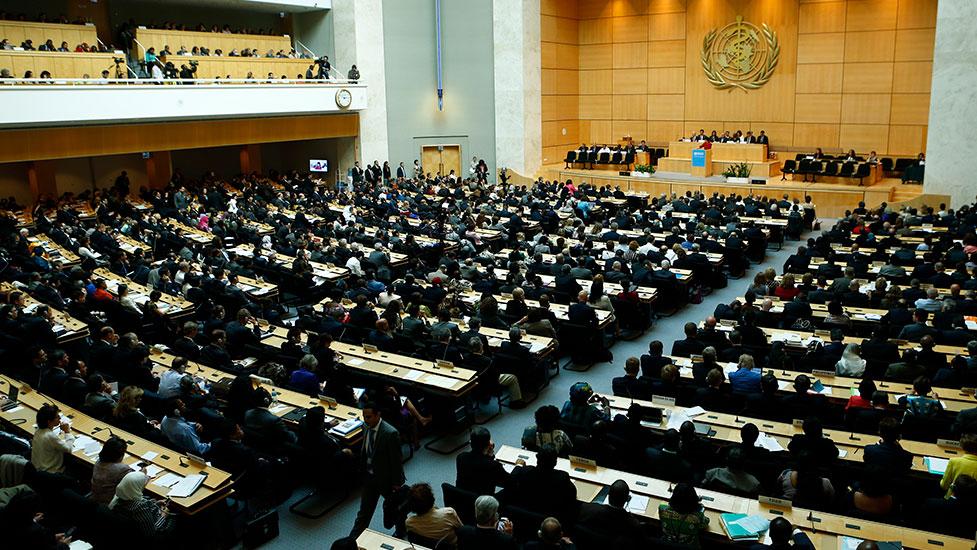
Governance
There is a new world of challenges for global health governance, with shifting donor priorities and evolving health needs in many low- and middle-income nations. This section offers an inside look at the ways in which global health governance is adapting to these changes, with a focus on the institutions, rules, and processes that govern the health of people across the world
Governance
70%
More than 70 percent of adult men smoke in Indonesia
1,200
Nearly 1,200 attacks on health-care workers and facilities have taken place in the three years since the coup
4 in 10
Four out of ten households in the United States own a firearm
37 Million
In 2019, there was a shortfall of 6 million doctors and 31 million nurses and midwives worldwide
1.2 M
More than 1.2 million people across the globe died of antibiotic resistant superbugs in 2019
3.3 Times
Where there was trust in local health workers people were 3.3 times more likely to wear a mask during COVID
9.3 M
In 2021, 9.3 million people lost their jobs across Southeast Asia
94 Percent
By December 2021, 94 percent of people in LMICs had not yet received a first dose of COVID vaccine
800,000
More than 800,000 people still die each year due to HIV
61 M
In 2019, the United States spent $61 million on NCD development assistance
Featured
The Pandemic Agreement Fractures in the Latest Negotiations
WHO member states continue to disagree on critical issues and might tackle them after adopting a pandemic agreement
Better Infant Health Starts With Paid Family Leave
State-based labor legislation could inadvertently allow parents to protect their babies from winter outbreaks
Will International Humanitarian Law Survive the Israel-Hamas Conflict?
Human rights should not be cast aside during times of war
China's Integrated Policies on Climate Change and Health
China is addressing health threats that climate change poses but faces challenges that require policy reforms
Negotiators Finalize Terms for the Pandemic Agreement
The Intergovernmental Negotiating Body resolved long-standing disputes to meet a deadline, without the United States
U.S. Cuts to Ukraine's Foreign Aid Hit Health Workforce
Ukraine, with $1.4 billion curtailed, is the single biggest loser of U.S. foreign aid
Nutrition for Growth: A Crossroads for Ethiopia's Healthy Future
Ethiopia's minister for health services and programs lays out long-term strategies for nutrition and global partnerships
Violence Shadows Ecuador's Presidential Election
The drug trade has deepened the security crisis in Ecuador, which will elect a new leader on April 13
Africa's Quiet Response to U.S. Realignment of Foreign Aid
Characterizing the end of U.S. aid as a catalyst allows African politicians to emphasize their readiness for a new era
PEPFAR Misses Reauthorization Deadline: What's Next for Global HIV Fight?
The expiration of PEPFAR's authorization could mark a pivotal shift in the HIV/AIDS response
The United States Risks Losing Its Edge in Life Sciences Innovation
China's life sciences sector benefits from streamlined regulations, proactive government policies, and strategic focus
Small Global Health Investments, Big Benefits for the United States
The Carter Center's experience highlights how global health assistance advances U.S. national interests
Life After USAID: Africa's Development, Education, and Health Care
Alternative strategies to sustain progress on economic development, education investment, and disease responses
Expanding Medical Oxygen Access Without U.S. Foreign Aid
Oxygen can be a pathfinder for a new global health era when national governments sit in the driver's seat
Climate Change, Global Surgery, and G20 Nations
Integrating surgical care into national health plans can help G20 nations achieve their sustainable development goals
